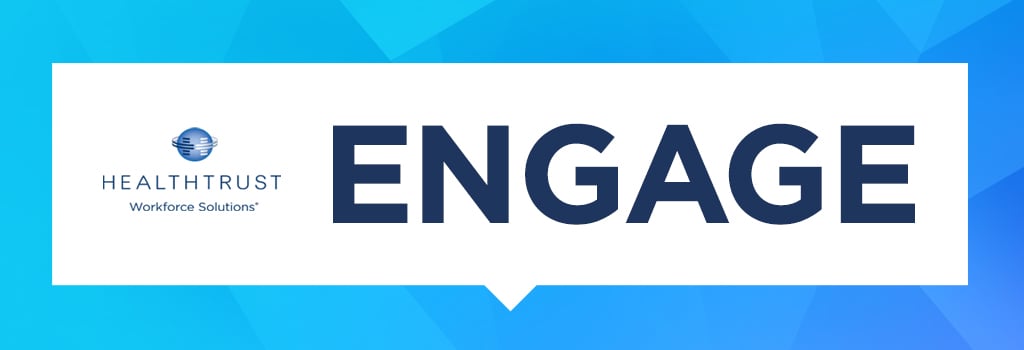
Salesforce's "State of the Connected Patient" Report found that nearly half of people age 18 to 34 do not have a personal relationship with their physician. Forty percent of respondents surveyed also believe that their doctor would not recognize them if they crossed paths while walking down the street.
An article published by USA Today indicates that part of the reason that millenials don't have a relationship with a primary care provider is that they are mostly healthy so they don’t need to see their doctors as frequently. The most pressing health issues for millennials usually involve car accidents, injuries and pregnancy, not chronic illnesses such as heart disease and diabetes.
This behavior is fueling the rise of retail clinics staffed by nurse practitioners and physician assistants. Between 2006 and 2014, the number of retail clinics in the United States grew by nearly 900 percent from 200 to 1,800, according to the Robert Woods Johnson Foundation. It is also reported by PNC Healthcare that 34 percent of people ages 18-34 prefer retail clinics.
A poll conducted by Harris found that 74% of Millennials are interested in utilizing telehealth, of which 63% believe that they would be provided a better diagnosis.
In addition, a 2015 report by global auditing and consulting firm PwC revealed that although 8 percent of the U.S. general population asks for a discount on medical care, that number jumps to 19 percent for millennials age 25 to 34. Millennials also topped a 2012 Deloitte survey as the generation that is most cost-conscious. It’s the group that’s most willing to switch doctors, use retail clinics and travel farther in order to save money on healthcare.



